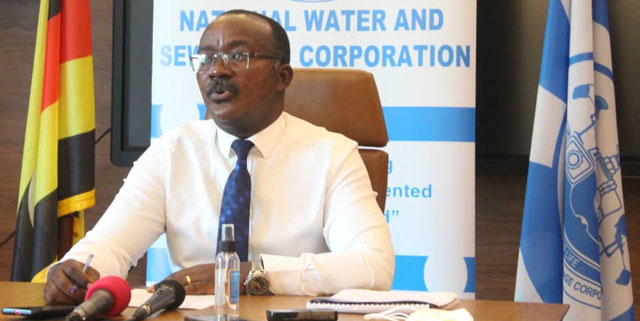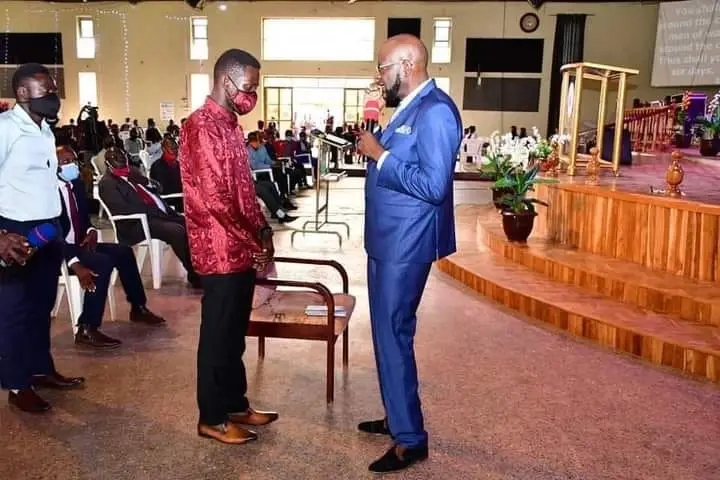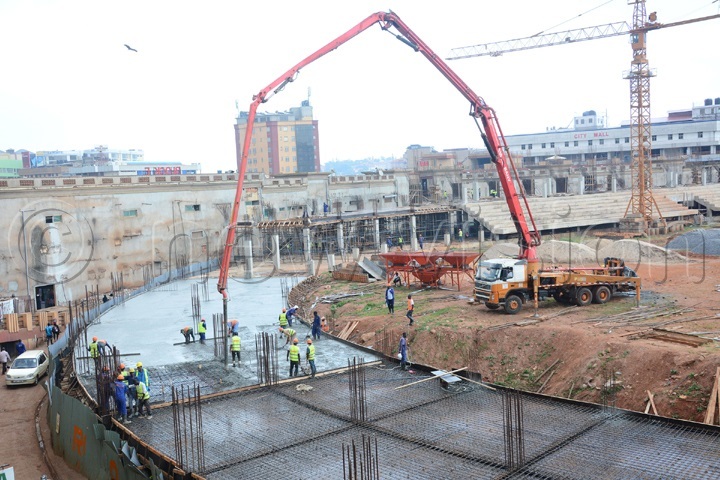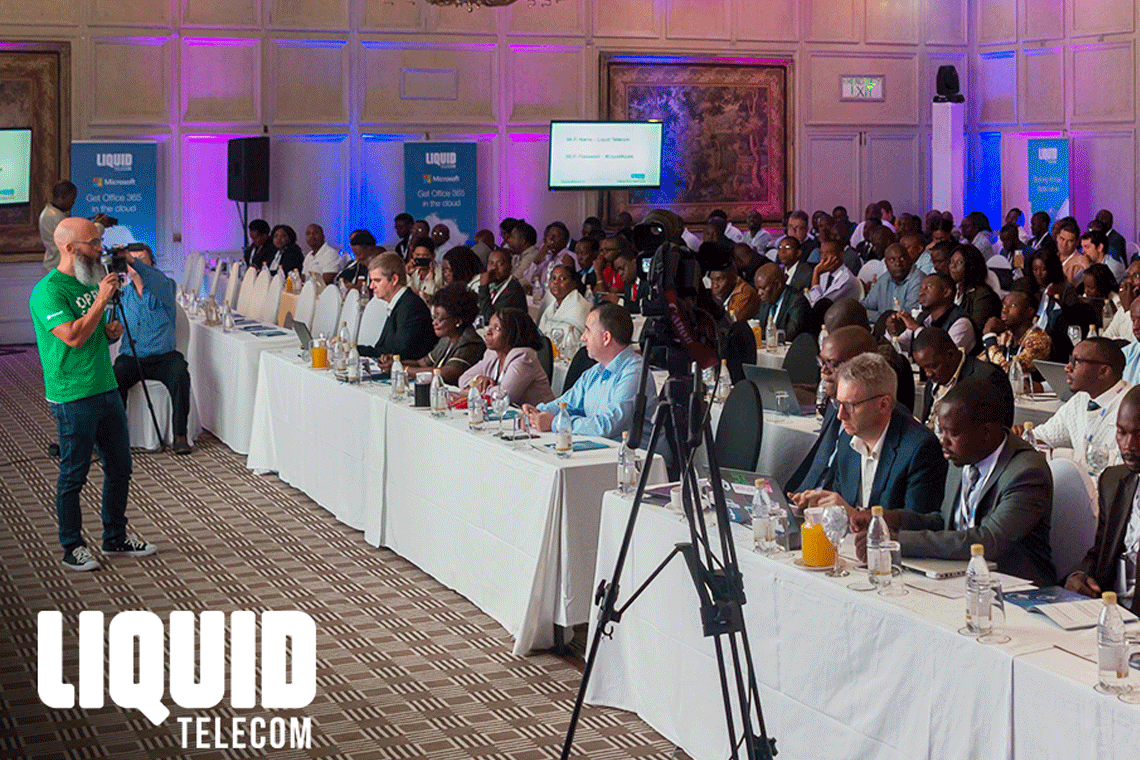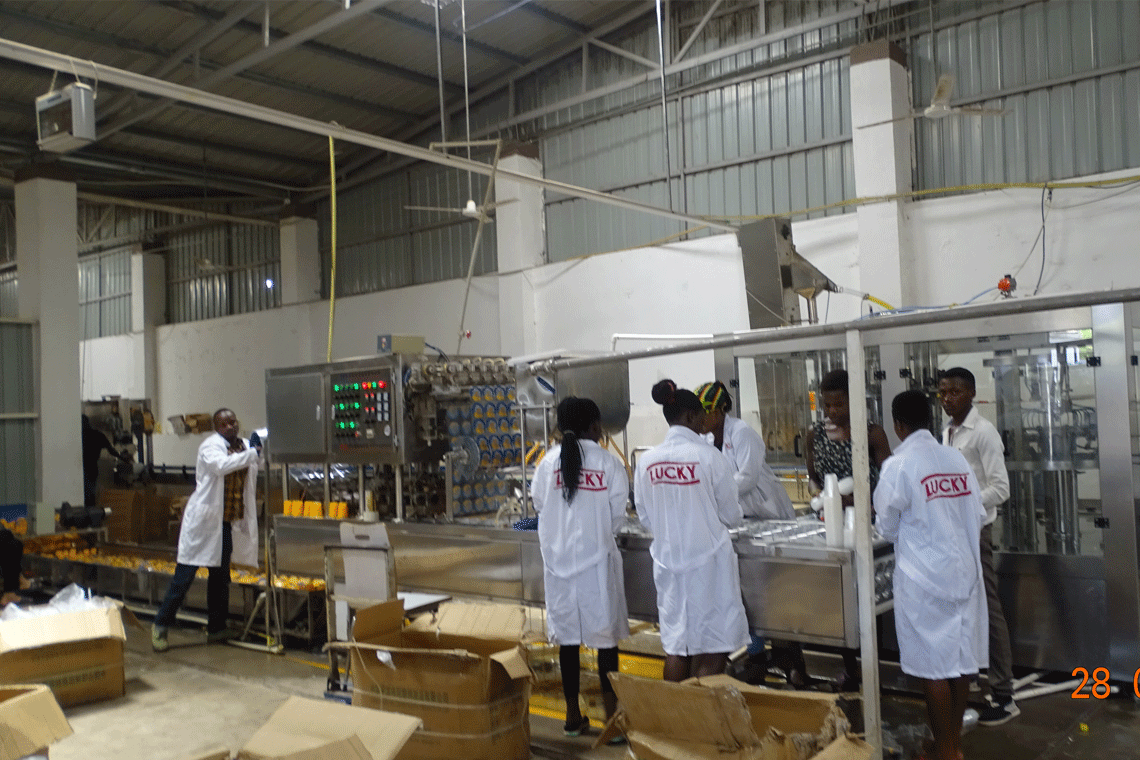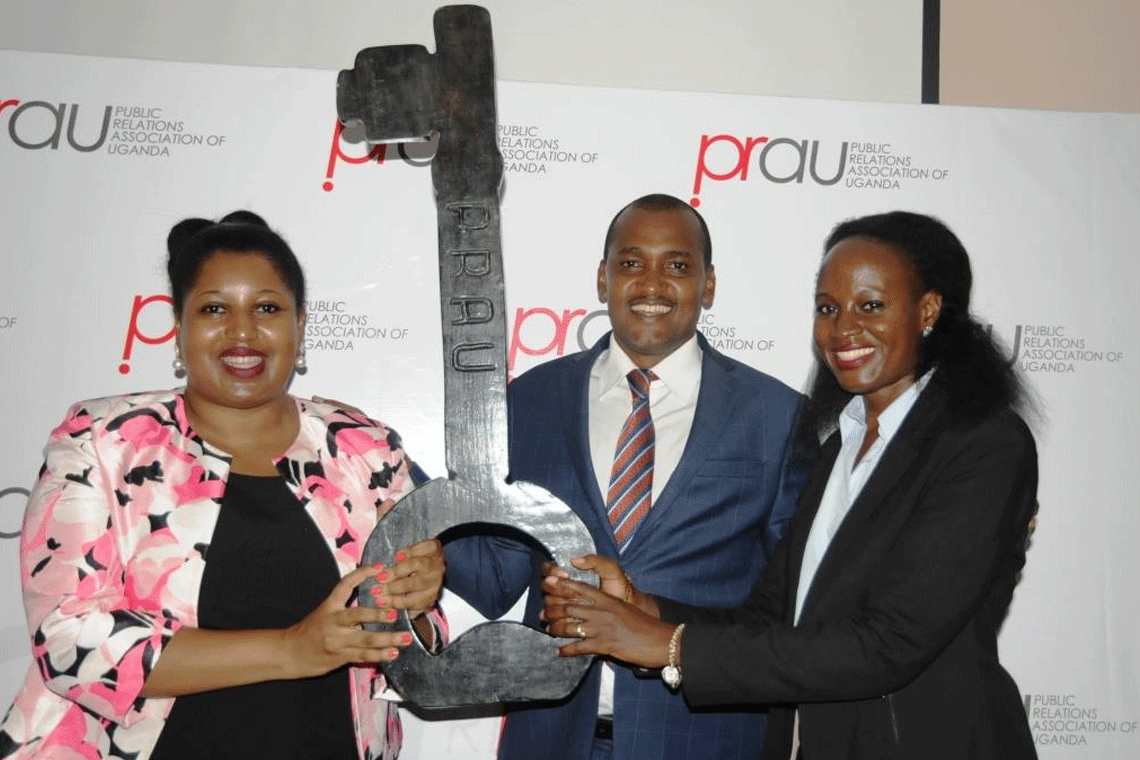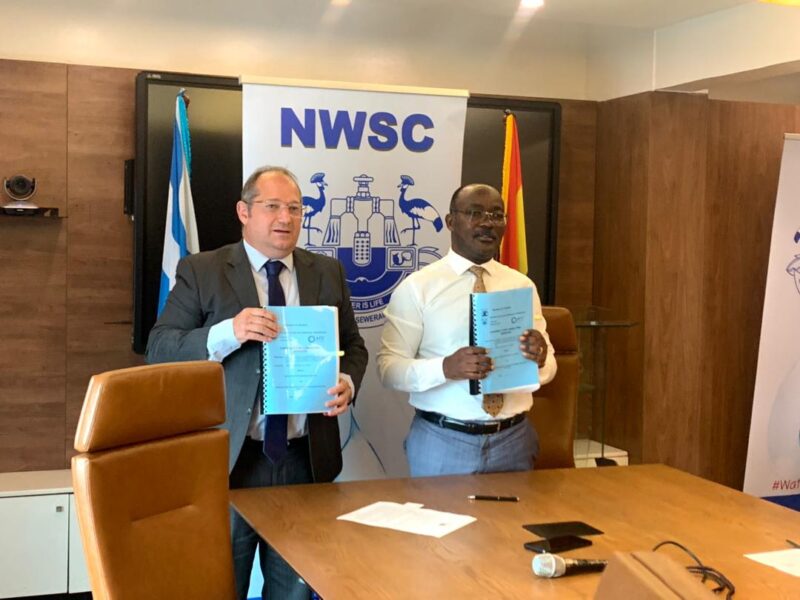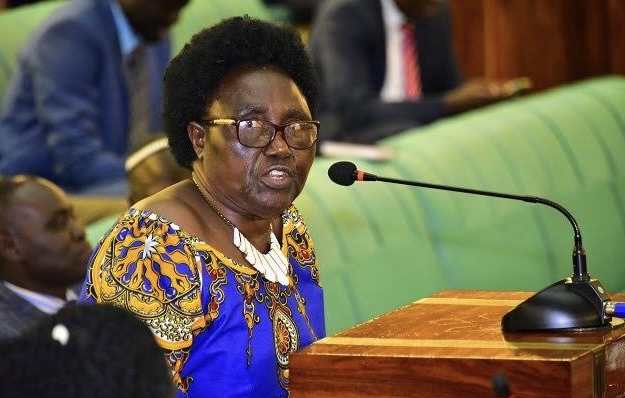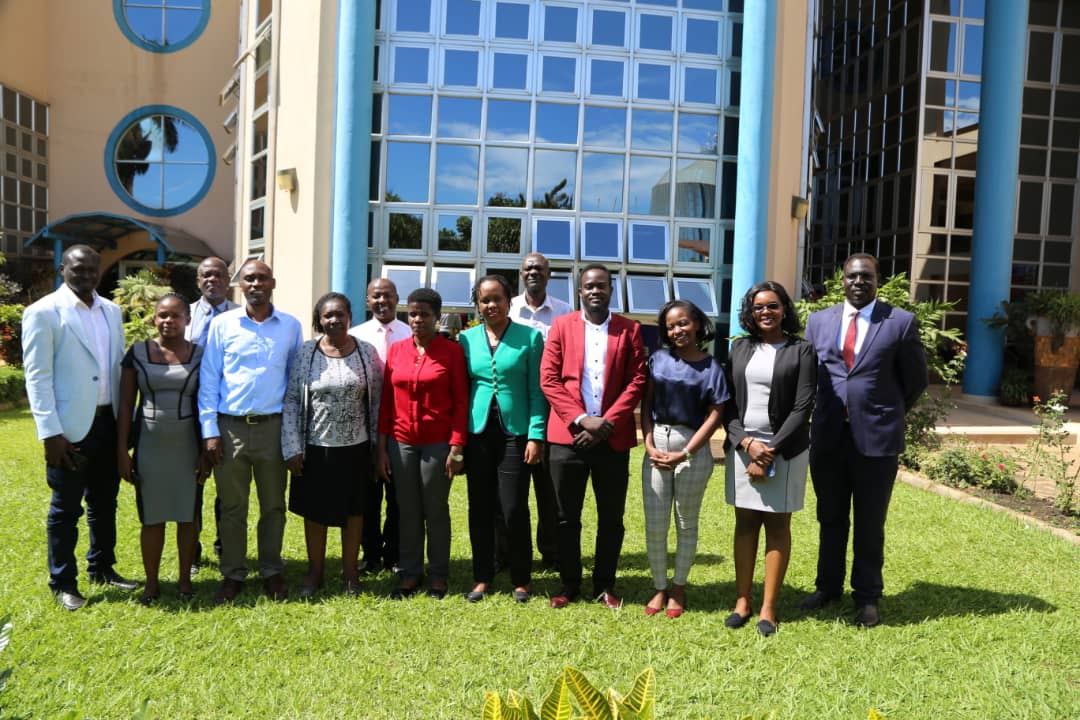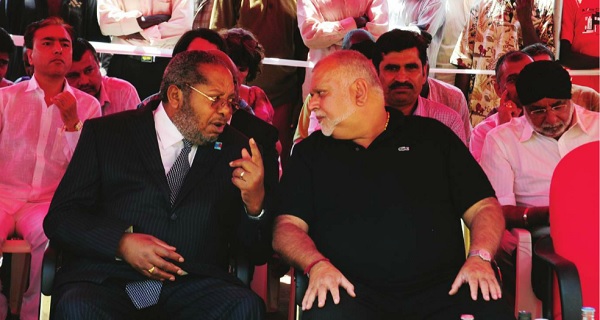KAMPALA, Uganda: That he is a typical media manipulator who determines what should and-or never be written about him and his empire in Ugandan news outlets, is a public secret. Vide this style, the property mogul, Sudhir Ruparelia has had several reported bogus deals flow uninterruptedly, through even the country’s Courts of law, leaving his victims at none but heavenly mercies.
However, The Investigator is not among the alleged sold-out media houses before Sudhir’s desk. And in these series named ‘The Untold Crane Bank Records’, we labor to bring out what exactly happened to Crane Bank, who caused it and how, plus the reasons why the person of Dr. Sudhir Ruparelia, his children and grandchildren cannot, by law, own any tribe of finance institution ever again…
The Story
For starters, Crane Bank started operations on 21st August 1995 with a vision of being the largest privately owned Ugandan Bank. In a bid to realize their dream, they, in September 2012, suspiciously acquired the National Bank of Commerce, another native financial institution. To the eyes of an ordinary Ugandan, this merger made CB the biggest ‘indigenous’ bank in the land.
It was therefore a big shocker to some Ugandans when, Bank of Uganda, the regulator of financial institutions, took over management of Crane Bank Limited on October 20th 2016 and subsequently progressed it into receivership on January 24th 2017. It came as a shock because, the same Bank had been declared the ‘Best Bank’ for two consecutive years. What then went wrong!
Around 2015, Government of Uganda, through the Economic Monitoring Desk of Internal Security Organization (ISO), received intelligence on how Crane Bank (CB) was reportedly bending most of the regulator’s protocols. ISO passed on the same to the Central Bank for action and indeed, the latter reiterated by hiring services of Price Water, a renowned External Audit Firm.
Price Water did as instructed and in a space of just months, they produced the hitherto tightly guarded Forensic Report whose findings shocked the Regulator. Among the findings were; inside lending veiled in proxies (names withheld for now). These proxies, mostly representing Meera Investments Limited, would get loans based on securities that were way below the value.
The report further revealed how such loans were not paying government dues, i.e. taxes (read Stamp Duty) and were never insured. The same loans, Water Price reported, would eventually be written off and their files closed. It was also revealed that most of the loans Meera company directly received were for construction of the several buildings across the country, the same housing Crane Bank Branches.
Investigators learnt that most of these misdeeds were not reaching the Regulator’s desk simply because both internal and regular external auditors were heavily compromised and hence, always issued favorable reports. Insiders told this writer that even Price Water encountered such advances to have their findings twisted but the team leader stood firm, saying he could not put his career on line.
Upon receiving the Forensic Report, Central Bank had to devise means of how to dig deeper into the highly guarded books of accounts at Crane Bank. The solution came in handy when a Forensic Expert (names withheld) provided a trick. He advised that Crane Bank proprietor, Sudhir Ruparelia would be excited if Central Bank recommended him for Initial Public Offer (IPO) Certificate. For beginners, it’s only IPO Certificate holders that can join Stock Exchange where, any financially abled member of the public can purchase shares.
However, the only conundrum was how to convince Sudhir that CB was actually fit for IPO yet he was very well aware that with the gross irregularities committed inside, his could not qualify. But the same forensic expert provided a smart solution. External auditors would be hired with a mission to fake CB audit reports and rate it the best financial facility for at least two consecutive years.
Indeed, after the successful hoax of rating CB the best, the IPO idea was now introduced to Sudhir who, expectedly bought into it right away. He knew well, the requirements of achieving this goal. They include among others, opening wider, CB’s books of accounts to the Central Bank auditors after which, he would be required to work on their negative observations, if any, before issuance of the certificate.
What was there to hide when, the same regulator had already failed to detect the inaccuracies and proceeded to rate CB the best Bank for two years! Sudhir must have pondered before opening up to the BOU’s thorough audit. Stock Exchange qualification require thorough audit like examining personalities of the Directors, declaration of non-performing facilities and written off loans as well as the available liquid. It’s after this tedious exercise that the regulator is advised on whether to issue the IPO Certificate.
After the exercise, CB was issued with yet another ‘fake’ report with ‘just a few’ issues to rectify before the issuance of the IPO Certificate. These included him cleaning his house of bad debts that linked his person to invisible lending, and have the biggest borrower, Meera Investments Limited to clear most of their loans whose securities were instead swiped with would-be rental dues.
After clearing almost eighty percent of the auditors’ observations, Sudhir reportedly started demanding for his certificate. It was at this moment that he heard of the unthinkable. He was told of how his bank was insolvent, had to be put under statutory management by the regulator, have the liquidation process start before actual closure of the same! This brought to a full stop, Sudhir’s dream of ever owning a financial institution again. The law doesn’t allow such a ‘financial convict’, and or their off-springs to own the same… Once again, welcome to ‘The untold CB Records’. Watch this space.
Author Profile
- Uganda's First online News Paper. "More than Just News" Investigative, Informative, without Fear or Favor
Latest entries
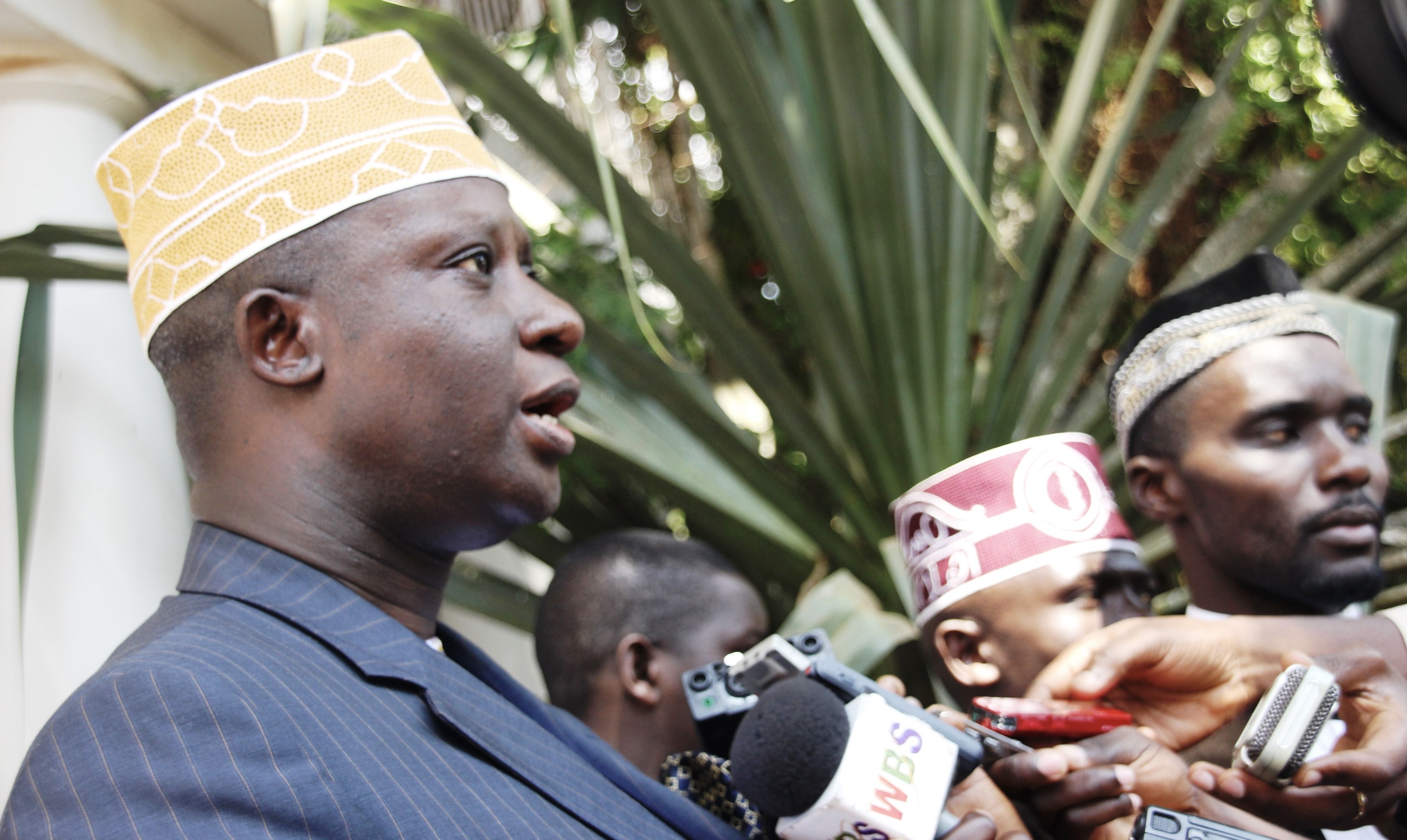 BusinessFebruary 18, 2024Shameful Event: Tale of How Prince Kassim Nakibinge and Businessman Ssempebwa were Evicted from an Estate They Obtained Over a Fake Will
BusinessFebruary 18, 2024Shameful Event: Tale of How Prince Kassim Nakibinge and Businessman Ssempebwa were Evicted from an Estate They Obtained Over a Fake Will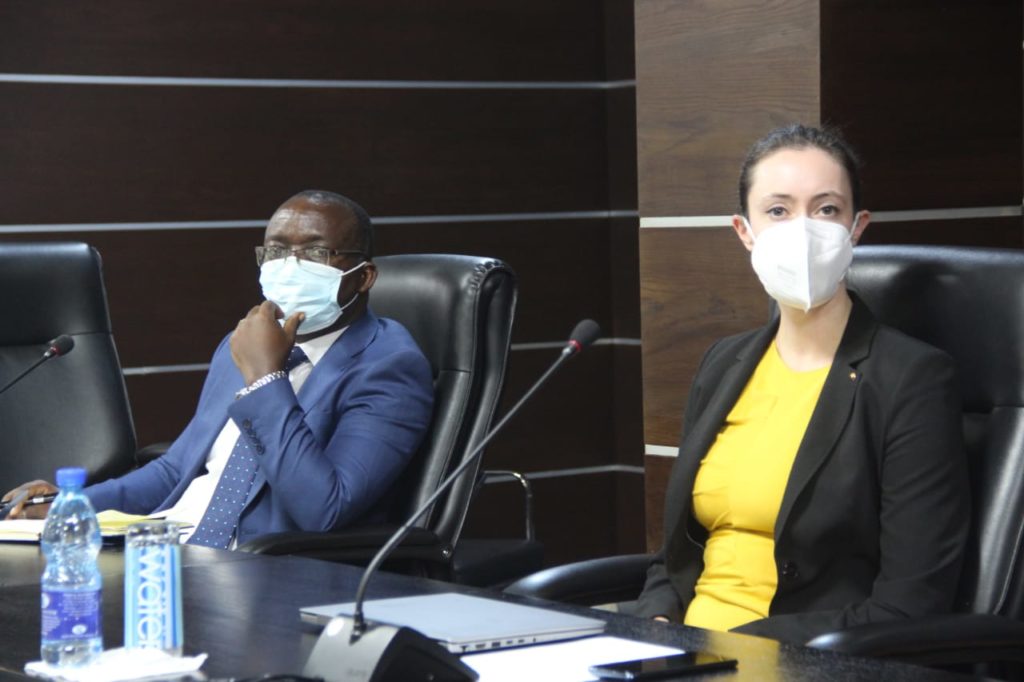 BusinessJanuary 30, 2024FIRED UP: G77+China and NAM Summits Lauds NWSC As ED Mugisha Calls on a Course to Professional Action Through the Utility Engineering Community
BusinessJanuary 30, 2024FIRED UP: G77+China and NAM Summits Lauds NWSC As ED Mugisha Calls on a Course to Professional Action Through the Utility Engineering Community BusinessNovember 9, 2023Thumbs Up for Pebuu Africa: The Uganda`s Leading Fintech Firm Which Clinched the Prestigious Go Global Award at International Trade Council in USA
BusinessNovember 9, 2023Thumbs Up for Pebuu Africa: The Uganda`s Leading Fintech Firm Which Clinched the Prestigious Go Global Award at International Trade Council in USA FeaturedOctober 16, 2023President Yoweri Museveni Announces Wealth Creation and Poverty Alleviation Initiative for Karamoja Sub-region
FeaturedOctober 16, 2023President Yoweri Museveni Announces Wealth Creation and Poverty Alleviation Initiative for Karamoja Sub-region



